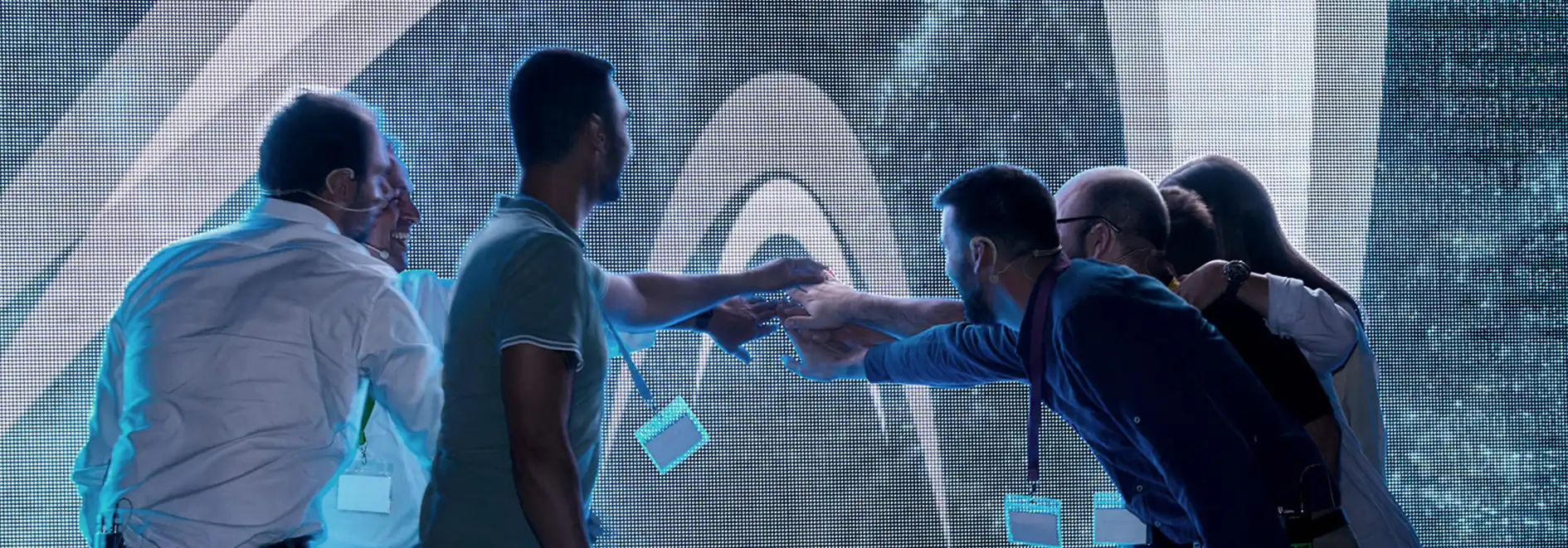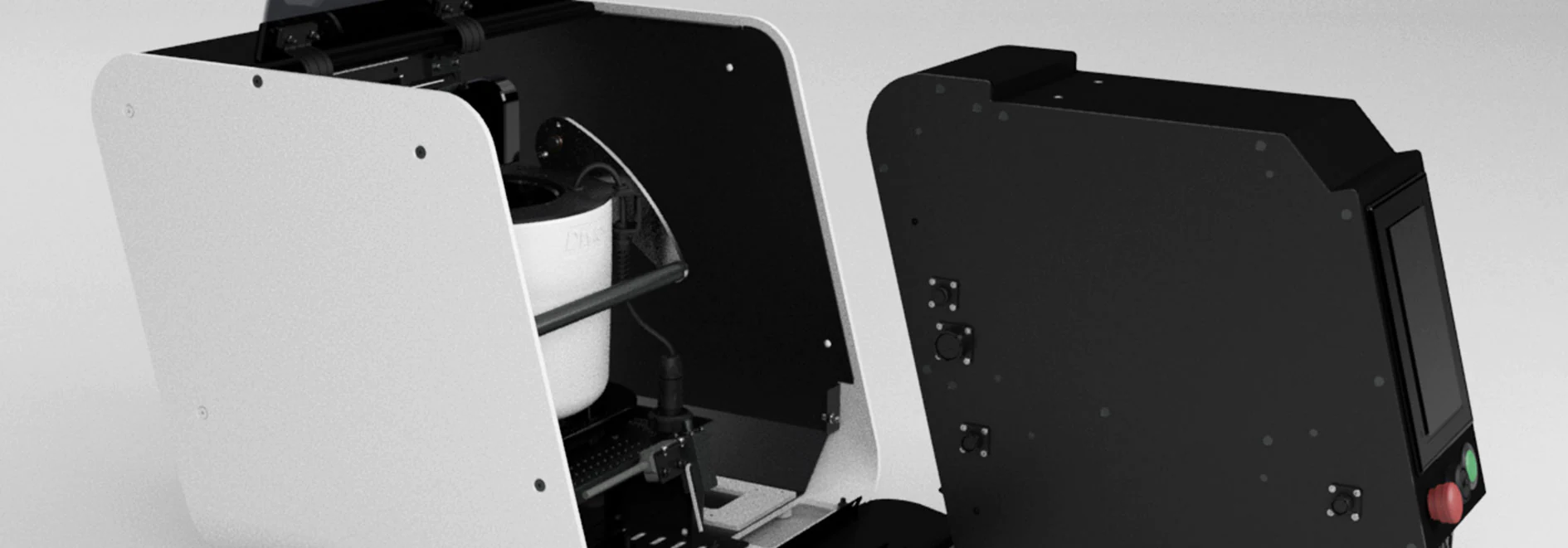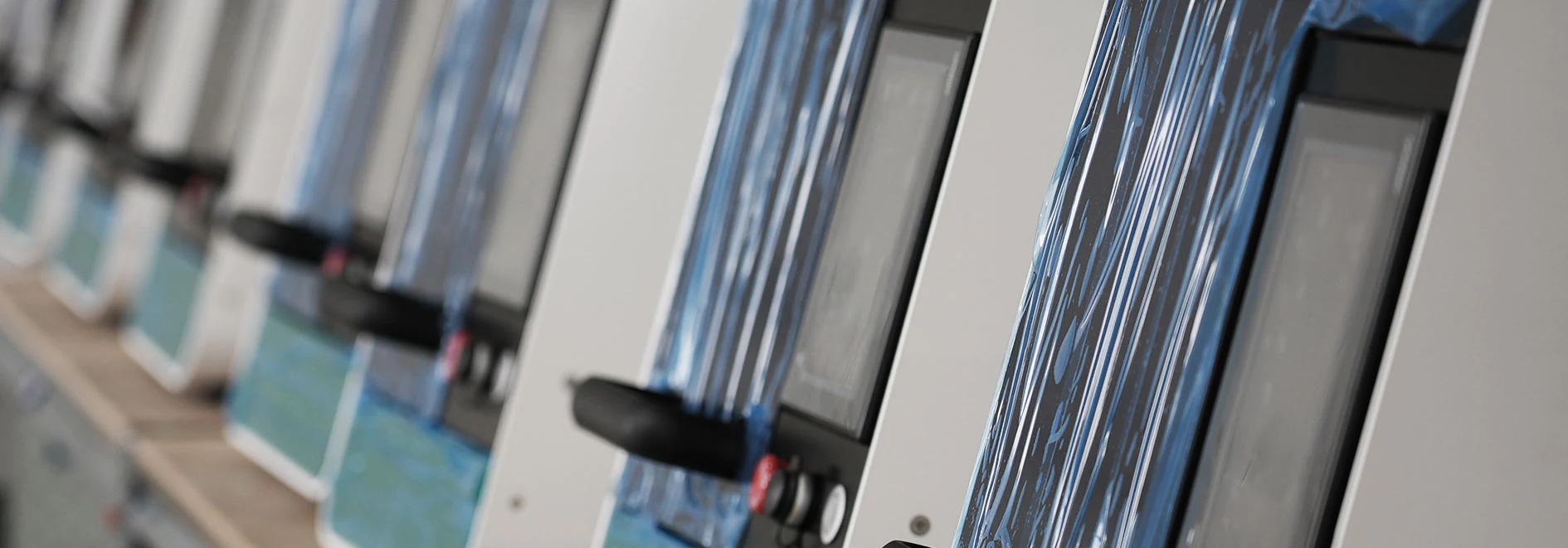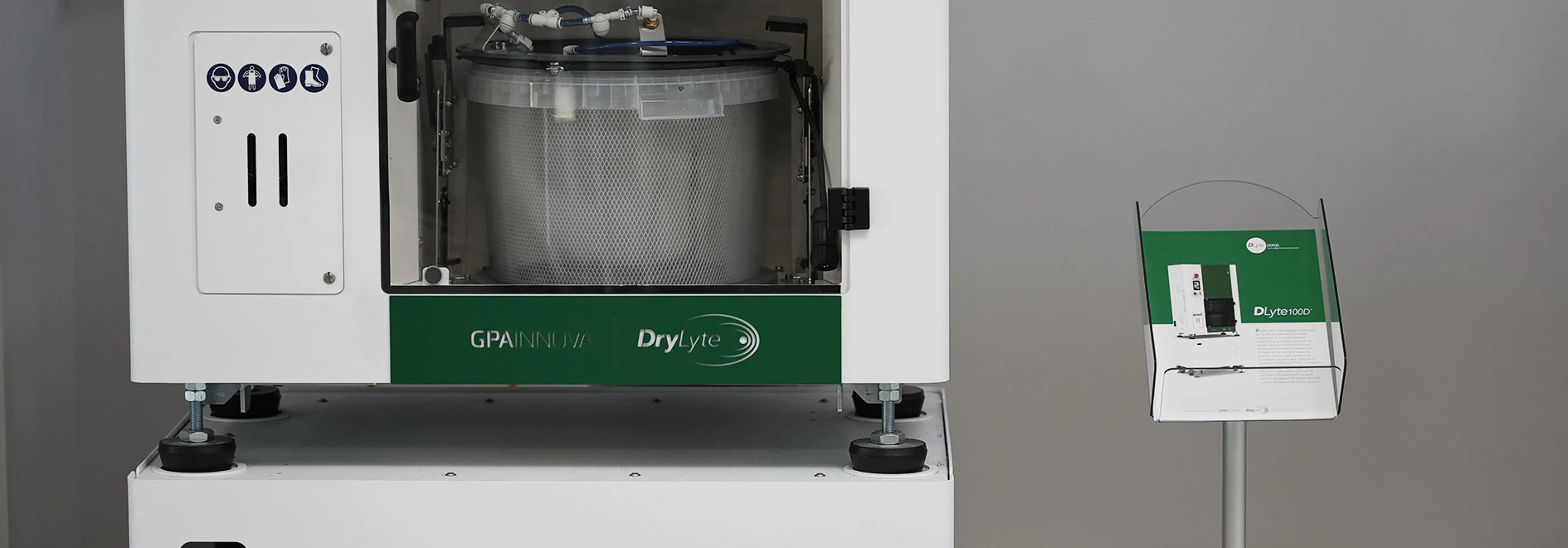GPAINNOVA Talks (II): Miguel Pérez (GPAINNOVA) & Alfons Cornellà (Institute of Next)
As announced, GPAINNOVA has recently been awarded by the Catalan Government with the Catalonia Exponential Leaders distinction, which recognizes the 10 most disruptive companies in Catalonia. After the event where the winners were announced, Miguel Pérez, Chief Innovation Officer at GPAINNOVA, and Alfons Cornellà, founder of the Institute for the Transformation of Organisations Institue of Next, discussed the importance of innovation and disruption in the growth of organizations.

Miguel Pérez: One of the challenges we face at GPAINNOVA is that, despite being in a startup ecosystem and understanding what innovation is, our main product is an industrial product. Therefore, we must manage this disruptive innovation internally and externally to increase productivity.
Alfons Cornellà: To talk about disruption using this word alone makes little sense and is negative. Nobody likes to change radically: we like to stay where we are, but I believe that in the industrial sector there is a growing need to be more productive. It is about increasing output with the same input, and this can only be achieved in a disruptive way. If you introduce small improvements in processes, you will have an incremental growth, and this will show up in productivity. However, if you want to produce more efficiently and create value solutions, the only option is to generate disruptive technology. This is Europe’s challenge in comparison to Asia. And I would add something else: disruptive science, which is achieved by deeper understandings of natural phenomena from quantum physics, capable of bringing new forms of product.
M. P.: At GPAINNOVA, we are very fortunate to be creators of technology in the industrial sector. We do not make machines, but we have a technology that we apply to several machines. Productivity improvement aimed at customers is achieved through this process, which has an unbelievable science behind it and a great investment to create knowledge. We learn from the customer. This allows us to swing and turn quickly to where the market or the needs [of the buyers] send us. The commitment to digitization has to be very important. It is necessary to look for processes that increase productivity and a generate knowledge of the process and the client through the use of those tools that are coming out.
A. C.: You have to work for those who understand you. Some customers will not, but some of them will, and you have to focus on them. There are only a few companies that understand the importance of disruptive transformation, not the whole market. Until you create a dynamic and results that are embedded in the market, others will not notice. You always work with pioneers: GPAINNOVA is a pioneer from the side of the creators of the solution, but there are pioneers among those who need it. This match generates an amazing result and makes you responsible for making good solutions. You need to increase productivity so that others will join in. If what you do doesn’t work, we have a problem not only for you or the customer, but for the market in general. The pressure to be more competitive leads to disruption. It is not a whim, but a new rule of the market, and we need a lot more people to understand that.
A few days ago, I was discussing with an important industrial company of our country that profitability is the main challenge for those companies with a large customer base and many placed orders. This global supply chain crisis has increased costs and, for that reason, more technology is needed, because there is a problem related to profitability. You have state-of-the-art technology, the market is asking you for it, but… are you profitable or not? You will be so if you change the processes, because we cannot change the price of raw materials. It brings with it an extraordinary pressure.

M. P.: One of the things that made me feel identified with GPAINNOVA is the speech that Aleix Valls [CEO and founder of Liquid Lab Ventures] gave today about the ability of startups and the focus on processes by large companies. This is the tension that we live in our day to day. Our DNA is not to be satisfied with what we have: we always want to bring out something parallel, complementary or new. We have seen the ecosystem of companies and solutions, and they all have something to do with each other, even if the output is different. Despite fighting against internal resistance, this two-pronged approach of meshing disruption and consolidation [of our products] is not easy, but it generates technological and market breakthroughs.
A. C.: It is the historical dilemma between exploring and exploiting. You live by exploiting the business, but you are going to live by exploring it. We have had a hard time understanding that products are not fixed, but they change over time. The coming revolution consists in dynamic processes. Something that surprised me very positively about GPAINNOVA is that you are already in this framework: having an innovative process logic. You are not satisfied with a process that already works for you, but you are capable of questioning it because circumstances have changed. You know a lot about product design and pre-process prototyping. That’s what it’s all about: letting go of a process, even if it works, because of the pressure to increase productivity. I have been surprised by what I have learned from you: how to stimulate companies like yours without losing their know-how, how to share it with others and how to find university-company collaboration mechanisms to transmit new ways of doing things.
M. P.: This is what German dual VET does.
A. C.: I saw this approach in Brazil. Students were only required to stay in the company for five years after finishing their degrees. The company paid for it. It is not a drastic model; it is a win-win model. How many students would want to join a company that has trained you to do what they like?



























